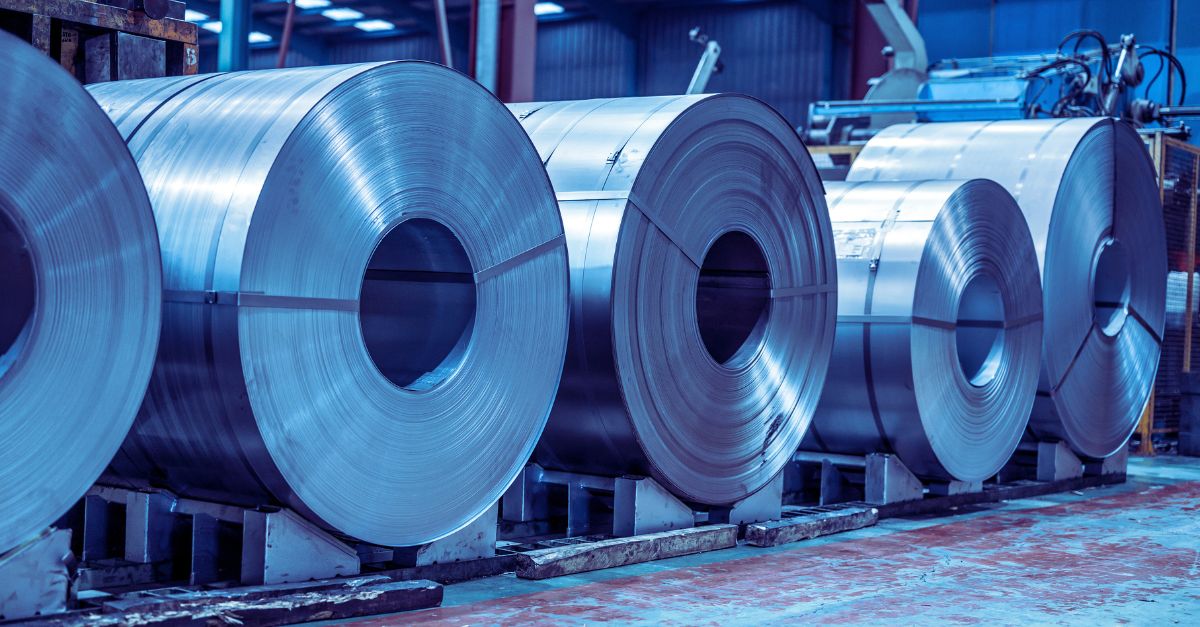India–US Trade Tensions Rise Over Steel and Auto Tariffs NMDC Limited reports a 38% drop in Q4 FY24 consolidated net profit RINL to Raise $23 Million Through Land Sales Amid Crisis

The Directorate General of Trade Remedies (DGTR) has proposed a 12% provisional safeguard duty on certain steel imports for 200 days to protect domestic producers from a surge in low-cost imports. This measure aims to shield the local steel industry from potential harm caused by increased imports.
Pros:
Support for Domestic Producers: The duty is expected to enhance the competitiveness of local steel manufacturers by reducing the influx of cheaper imports, potentially leading to improved profit margins and higher capacity utilization.
Price Stabilization: By curbing excessive imports, the measure may help stabilize or increase domestic steel prices, benefiting producers facing price pressures from international competition.
Stock Market Response: The announcement has positively impacted the stock prices of major Indian steel companies, reflecting investor confidence in the sector's improved prospects.
Cons:
Increased Costs for MSMEs: Micro, Small, and Medium Enterprises (MSMEs) reliant on affordable steel imports could face higher raw material costs, potentially reducing their competitiveness in both domestic and international markets.
Inflationary Pressures: Elevated steel prices may contribute to broader inflation, affecting various sectors dependent on steel, such as construction and automotive industries.
Trade Relations: Implementing safeguard duties could strain trade relations with key steel-exporting countries, potentially leading to retaliatory measures or disputes.
Expert Opinions:
While the safeguard duty aims to protect domestic industries, experts caution about potential monopolistic practices and the adverse effects on MSMEs and user industries. They advocate for a balanced approach, such as implementing Tariff Rate Quotas (TRQs), to mitigate negative impacts and maintain the competitiveness of Indian exporters in the global market.
the proposed temporary safeguard duty presents both opportunities and challenges. Its success will depend on careful implementation and consideration of the diverse stakeholders within India's steel industry and broader economy.
Also Read : Explainer: Donald Trump's 25% tariff hike on steel and aluminium comes into effect. Here's how it will impact industries Explainer: 'Where Are the Members?'—NCLT Faces Staffing Crunch Amid Bhushan Steel Resolution Review